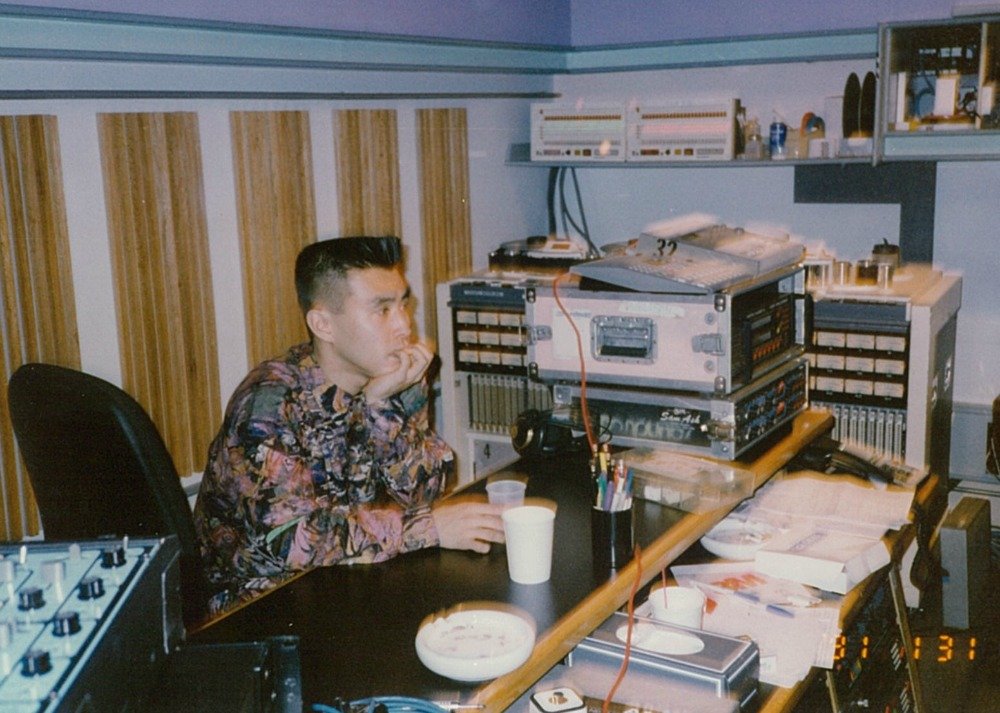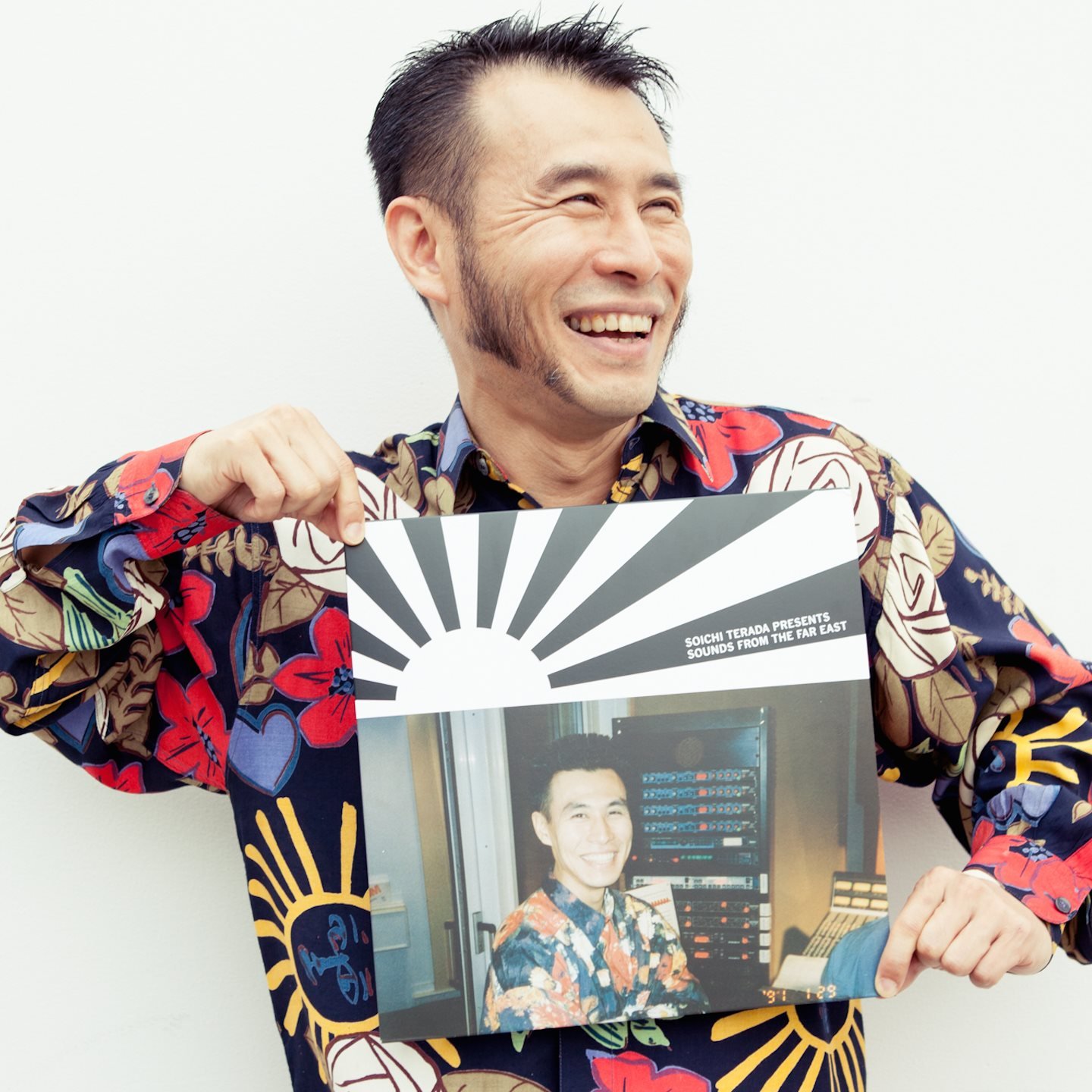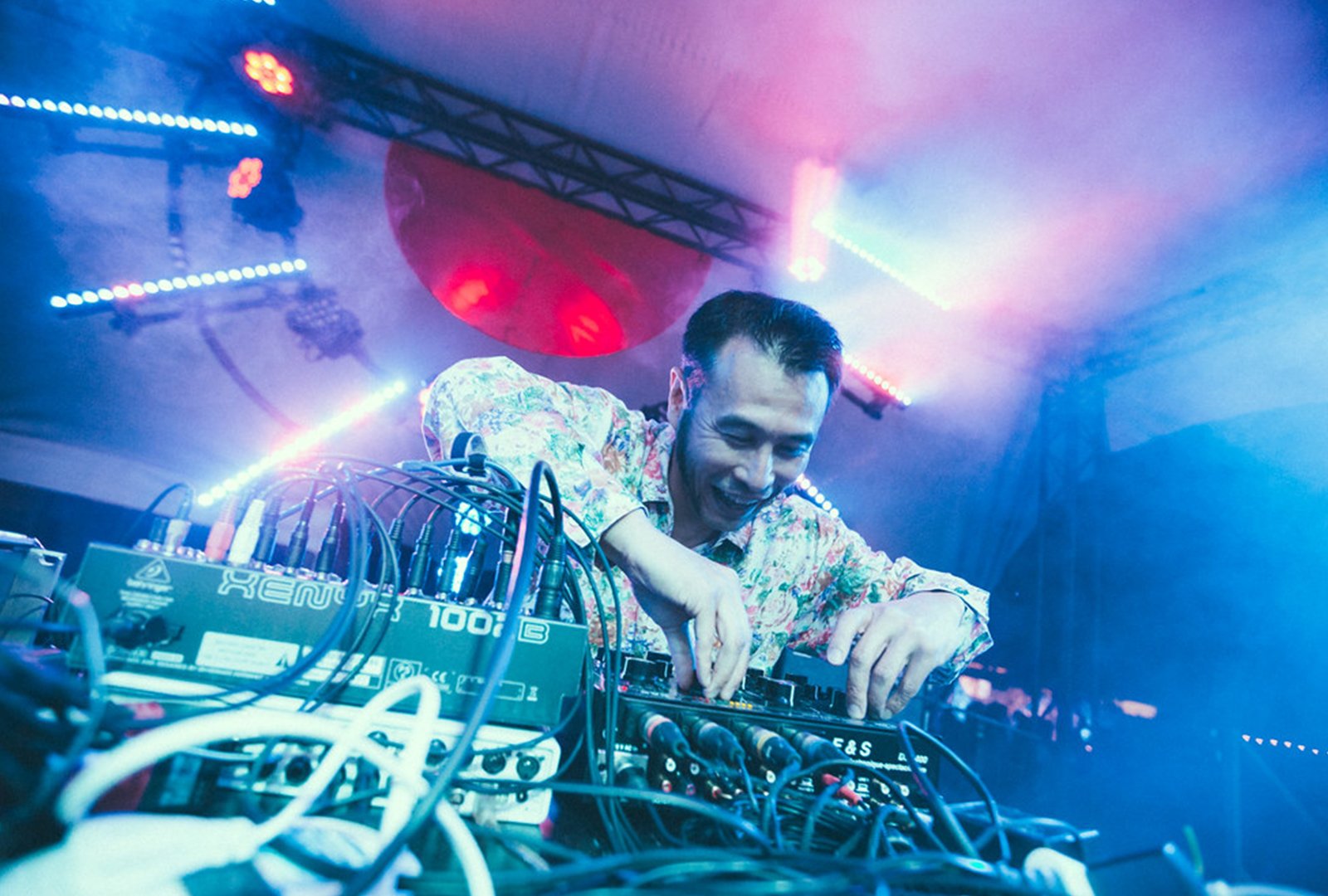SOICHI TERADA: the ever-smiling pioneer of japanese house music
Soichi Terada (born March 19, 1965, in Tokyo, Japan) is a Japanese electronic music composer known for his techno, drum and bass, and jungle styled soundtracks for the Ape Escape video game series, and contributions to the development of Japanese House music. Playing the electronic organ from a young age, exposure to seminal Japanese group Yellow Magic Orchestra in his teens left an imprint on Terada: “It was synthesizer music, but also disco. Both of those aspects were shocking. It was my first-time hearing disco made on synthesizers, and I thought it was coolest thing ever.” Terada majored in computer science and the electronic organ at the University of Electro-Communications, Tokyo.
In 1987, Terada travelled to New York, falling in love with the city and its distinctive sound. Returning to Tokyo, he started producing house music with the intent of emulating New York’s style, sending demos to labels like Arthur Russell’s Sleeping Bag Records, but to no avail. In 1989, Terada produced the song Sunflower for singer Nami Shimada, later remixed by legendary Paradise Garage DJ Larry Levan. The following year, Terada founded the label Far East Recording with similarly influential peer Shinchiro Yokota. In 1992, Terada and Yokota released their first album Far East Recording, putting a distinctively cheerful, proto chiptunes stamp on the deep house sound nurtured by New York imprints like Strictly Rhythm and Nu Grooves.
Terada started composing soundtracks for video games in 1998, with his first for racing game Wangan Trial. In 1999, Terada composed the music for cherished game Ape Escape, after a game director listened to his track Sumo Jungle. A PlayStation gamer, Terada’s love affair with jungle, spurred on by a life-changing bassline heard through infamous Tokyo nightclub Yellow’s sound system around 1994, shaped Ape Escape’s soundtrack, bringing roughneck jungle into children’s living rooms around the world.
Until recently, Terada's music remained hard to find abroad, relegating his music to a small audience of serious crate-diggers. In June 2015, a compilation album of Far East Recordings most essential works from the 90s, released by Dutch label Rush Hour, brought Terada back to prominence in the world of dance music and generated a new wave of international appreciation that continues today.





